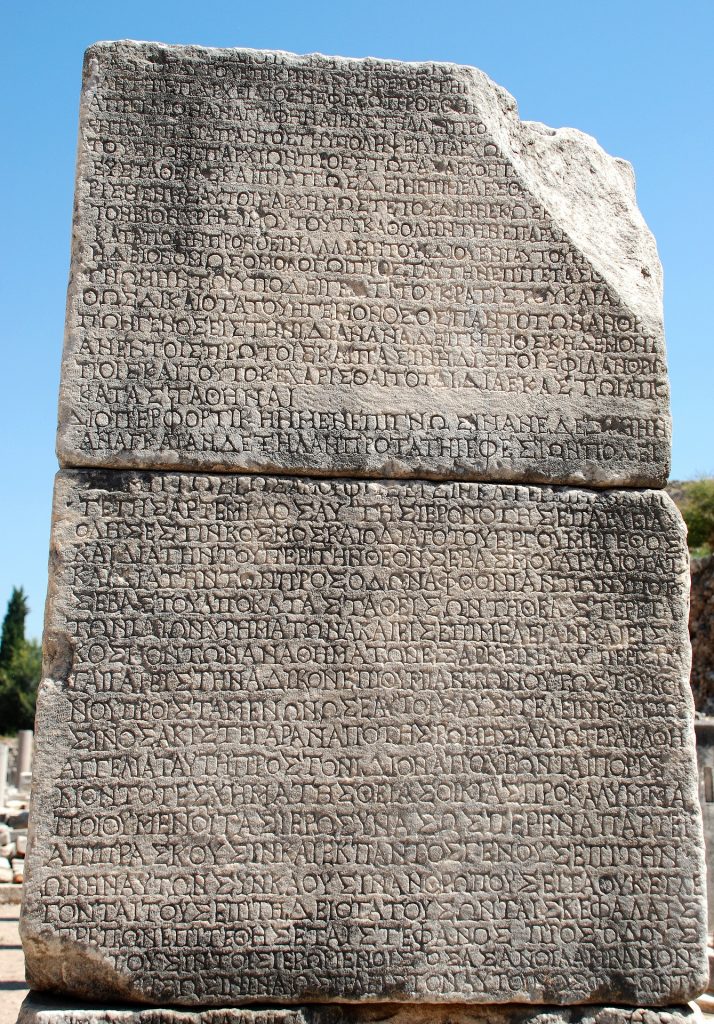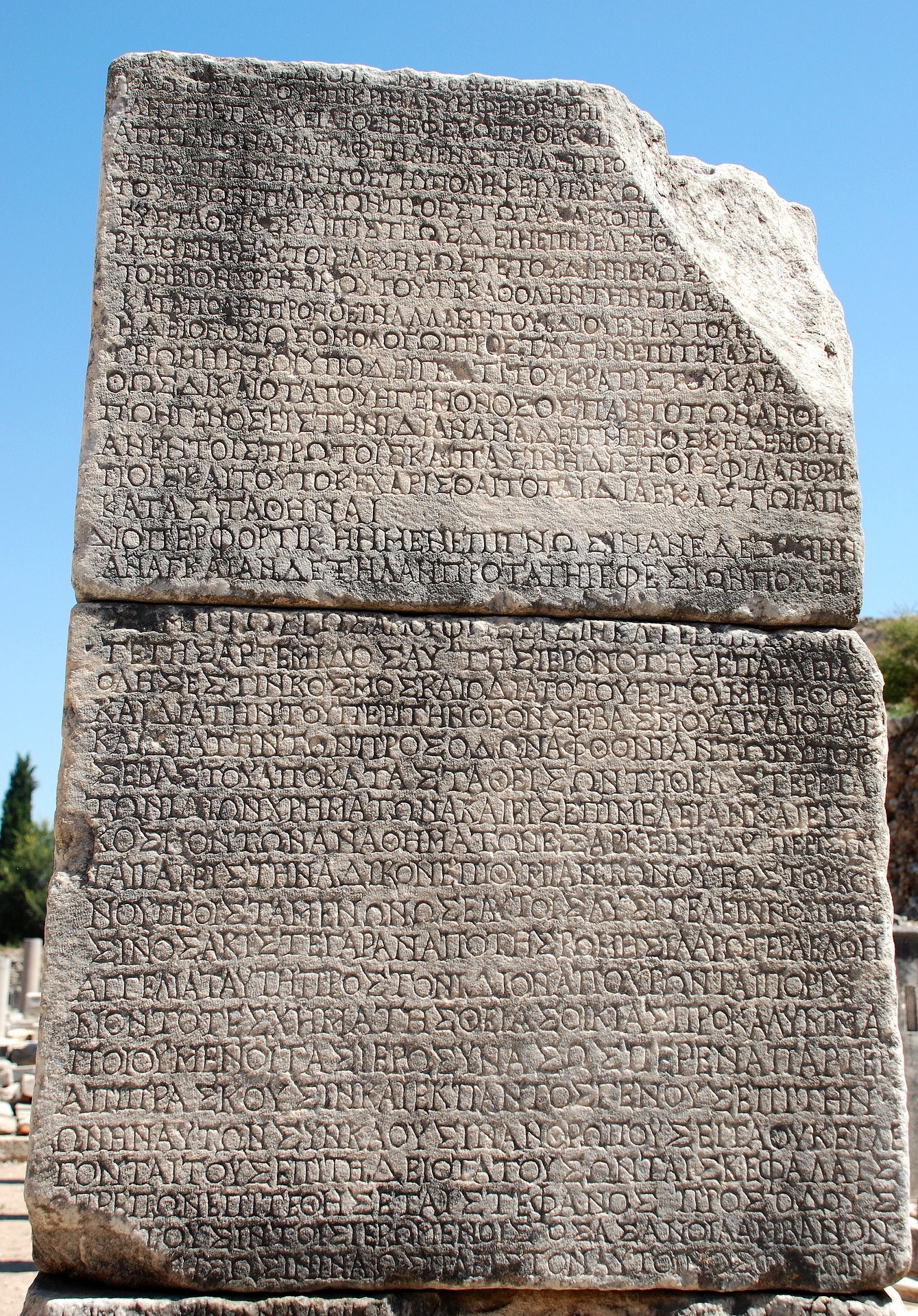Douglas Moggach studied political science and economics at University of Toronto, and was active in political and social affairs at St. Mike’s. He obtained his PhD from Princeton, and has taught at University of Ottawa since 1976. He has held visiting appointments in Australia, China, Germany, Italy, and the UK, and has published widely in German philosophy. He is a class representative for the St. Michael’s Class of 1970, and will be sharing a St. Mike’s memory at this year’s Honoured Years Cocktail Hour during Alumni Reunion.
Coping and Partly Coping: Living with the Pandemic

The academic year 2020–21 had been shaping up to be an exceptionally good one. I retired from teaching a few years ago, but have remained active in research. So I had been invited to spend the month of October 2020 at the University of Salamanca, and had also been awarded visiting fellowships in the UK from January to May 2021. The intent was to discuss my latest book, which came out in Germany just before the pandemic, and to get feedback on my current projects, and of course to see my friends and favourite places.
Alas! All these and other plans had to be postponed indefinitely. Only now, 14 months later, is it even possible to think about rescheduling these activities; but even so, everything remains tentative. My family and I have been fortunate in that we’ve been spared physical illness, and there is much to be grateful for, as we must constantly remind ourselves. Still, the frustrations and delays were often hard to deal with, as I know we can all say.
So how to cope? Why not reactivate some dormant projects, or make progress in other endeavours that I had belatedly begun? Besides being vaccinated, I have administered other pandemic antidotes to myself. Ever since I was a boy, I had wanted to learn Ancient Greek. It wasn’t offered in my high school, but I had studied it on my own, on and off over the years. The language is elusive and astonishingly complex, the hardest I have ever attempted, and as an autodidact I had never been able to advance beyond intermediate level. A good friend who is a retired Classics professor kindly offered to guide me through Plato’s Apology in the original, and with another friend we arranged weekly meetings on Zoom, reading the Greek, struggling to translate it, and having the impenetrable points of syntax and vocabulary explained to us. It was highly rewarding, not only because I now feel able to tackle other Greek texts with some confidence, but also because of the camaraderie that we felt and could look forward to experiencing every week: virtual, indeed, but genuine.
Another antidote was bagpipes. I began learning a few years ago, again fulfilling a childhood dream, and I think it’s even a harder exercise than Plato’s Greek! It takes manual dexterity and an ample lung capacity, and presents significant challenges for late beginners like me. I have an outstanding teacher, patient and encouraging, so that my weekly lessons, remote, of course, are always enjoyable, even when my renditions are less than stellar. Before the lockdowns I had accompanied the band that my teacher directs on one of their tours of Scotland, in the course of which I was able to play along (only drones, no melody, wisely), in Skye, and to meet the Queen when the band performed at Balmoral. My services were not required for that particular performance, but I was designated to present Her Majesty with a gift. On being introduced to her as my teacher’s newest student, Queen Elizabeth looked at me with some surprise, and asked, “Really? Just now?” An apt comment, but I persist, even now. I hope to be good enough to play “Scots wha’ hae” with the band on the next visit to the Wallace Monument in Stirling. Regardless, the lessons are another high point during weeks and months of confinement.
eMaybe the most important thing is to keep working and keep focus. Though the content is often good, Zoom conferences lack the immediacy and ease of interaction that you get in personal meetings, and deprived of my usual networks and sources of inspiration, I found myself floundering and unproductive for too long during the lockdowns. That had to change, and I recently roused myself to submit a new book proposal to a university press. I await the assessment, but in any case I intend to complete this manuscript in the next twelve months. As a colleague once bluntly advised me when I complained about the difficulties I was having in revising an article, “Work harder!” He was right. That was the answer back then, and perhaps it is the best pandemic antidote right now, too. It’s not the same, and it’s not as good as it might have been had so much time not been irretrievably lost. I’m only partly coping, if I’m honest with myself, but as Aristotle instructs us, the good for us human beings is always the best attainable good, even if it’s not the absolute best. So with that, with labour and Aristotelian prudence, we cope as best we can.
Read other InsightOut posts.

